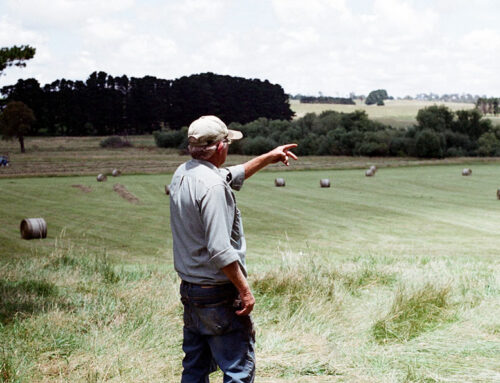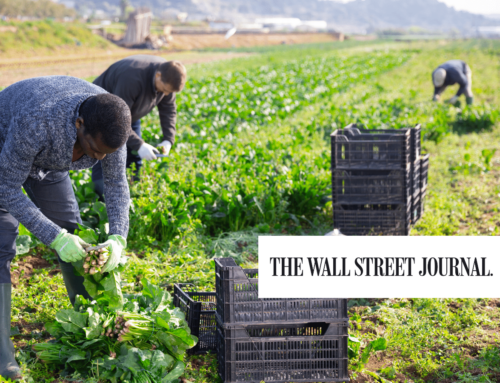Updated December 2023
Certain lawmakers claiming to represent the interests of farmers and ranchers are holding authorization of a new farm bill hostage by demanding an increase in government-set crop prices. Known as a “reference price,” these government-mandated minimum prices could force taxpayers to fork over billions in income subsidies to growers of a select number of favored crops (wheat, corn, soybeans, rice, and peanuts) handpicked by the drafters of the next farm bill. This effort to increase federal farm subsidies comes despite reports that farm sector revenue in 2023 continued to outpace costs after reaching record levels of profitability in 2022.
Efforts to increase farm bill-set minimum prices are a costly, market distorting, innovation squelching effort to replace free markets with federal mandates. They are a solution in search of a problem.
- USDA projects a 2023 net farm income (revenue AFTER expenses) of $151 billion.
- This farm income profit margin would be 40 percent above the annual average for the last 25 years.
- It would be a reduction from a record $189 billion in 2022.
- Chapter 12 farm bankruptcies (169 in 2022) are at the lowest level since 2005.
Government-enforced minimum crop prices come with many harms:
- They punish farm operators that increase efficiencies, renegotiate costs, and capitalize on markets to increase their operating margin, by using the power of the federal government to bailout less successful farm businesses.
- Government-enforced prices skew production to selected “covered” crops by excluding producers raising livestock, fruits, nuts, vegetables and other “specialty” crops.
- Deepen dependency on federal dollars for the nearly 20,000 farming operations that have received commodity subsidies every single year for 37 straight years.
- Subsidies will primarily flow to large, established farming operations, not new or beginning farmers.
- Must be funded by cuts to other farm bill programs (some are calling for cuts to nutrition or conservation programs, for instance).
The farm sector is not in crisis. Farm businesses have managed to remain profitable despite higher input prices in recent years, COVID-19 disruptions, drought, and other challenges. Even without an increase in government-enforced prices, the Congressional Budget Office (CBO) projects commodity programs will cost taxpayers $51 billion over the next 10 years. Lawmakers must reject special interest efforts to exploit the American taxpayers’ veneration of farmers to increase market-distorting federal farm subsidies. Holding a $34 trillion national debt and in the midst of a budget crisis, the last thing American taxpayers need is to direct more subsidies to a sector that is incredibly profitable.











Get Social